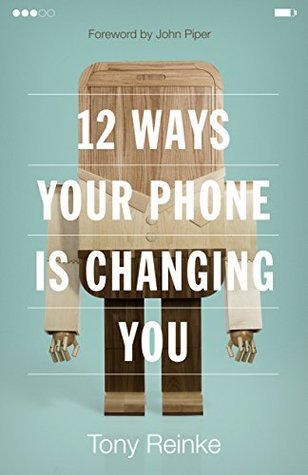More on this book
Community
Kindle Notes & Highlights
What James 4:11–12 warns against is “attacking a person’s motives and character, so that the listeners’ respect and love for the person is undermined.”11
Thus, many believers use truth as a license to righteously diminish others’ reputations.”
What is done in the name of “exposing truth,” with the single goal of undermining someone’s character, is an expression of slander.
Christians, of all people, should be most vigilant not to unnecessarily shovel one another’s dirt into public view.
And that leads me to my point: I do not have “time to kill”—I have time to redeem.
Idols cut us off from remembering the past mercy of God and blind us to his future grace.
Idolatry skews the whole way you see yourself inside of the story written by the Creator.
Human sexuality is a created reality, designed by God, meant to weave together the fabric of human existence, generating new family units and producing future generations.
God will judge our digital conversations, private texts, and public tweets by the intentions of our hearts. So I ask myself: Is my digital chitchat aimed or is it aimless; thoughtful or thoughtless; strategic for the eternal good of others or wasted on self-expression?
It is a spiritual discipline to remember God’s acts of deliverance.
To remember God is to satisfy the soul and to recalibrate our always-shifting perception of reality.
All spiritual growth is rooted in remembering what Christ has done in me.
Amid these habits of nothingness, we find ourselves wandering half-awake in digital idleness, prone to leave our digital responsibilities to become digital busybodies and digital meddlers.4 We give our time to what is not explicitly sinful, but also to what cannot give us joy or prepare us for self-sacrifice. Satan’s “Nothing” strategy aims at feeding us endlessly scrolling words, images, and videos that dull our affections—instead of invigorating our joy and preparing us to give ourselves in love.
Our advances in technology have a way of rendering God more and more irrelevant to our world and in our lives—the very definition of worldliness.
We can no longer simply worship God in admiration or pray to him without a compulsive fidgeting for our phones.
We talk more about God than we talk to him.
and we lose our worship and our prayer, because God has grown secondary to our technology.
Apps can help me stay focused on my Bible reading plans and help me organize my prayer life, but no app can breathe life into my communion with God.
Digital technology is most useful to us when we limit its reach into our lives.


